Incoterms Guide

Understanding Incoterms and the Import/Export process
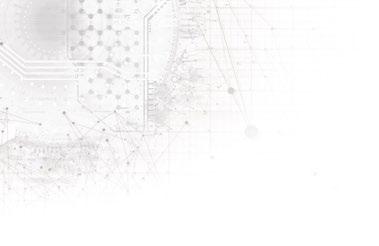
What are Incoterms® rules?

The Incoterms® rules are the world’s essential terms of trade for the sale of goods. Whether you are filing a purchase order, packaging and labelling a shipment for freight transport, or preparing a certificate of origin at a port, the Incoterms® rules are there to guide you. The Incoterms® rules provide specific guidance to individuals participating in the import and export of global trade on a daily basis.
Put simply, Incoterms are the selling terms that the buyer and seller of goods both agrees to. In Incoterm clearly states which tasts, costs and risks are associated with the buyer and the seller. Incoterm is agreed between the buyer and seller and states when the seller’s costs and risks are then transferred onto the buyer.
Incoterms® are also referred to as International Commercial Terms, which are published by the International Chamber of Commerce (ICC), which relate to International Commercial Law. They are accepted by governments and legal authorities around the world. The ICC published new Incoterms® 2020 that have come into effect from the 1st of January 2020. The ICC originally published Incoterms® in 1936 and have continually published updates to reflect the changes to the Global Trade environment. It's important that all parties involved in trade clearly understand the changes and how they apply to global supply chains.


Rules for any mode or modes of transport:


EXW – Ex-Works or Ex-Warehouse

“Ex Works” means that the seller delivers when it places the goods at the disposal of the buyer at the seller’s premises or at another named place (i.e.,works, factory, warehouse, etc.). The seller does not need to load the goods on any collecting vehicle, nor does it need to clear the goods for export, where such clearance is applicable.
FCA - Free Carrier
“Free Carrier” means that the seller delivers the goods to the carrier or another person nominated by the buyer at the seller’s premises or another named place. The parties are well advised to specify as clearly as possible the point within the named place of delivery, as the risk passes to the buyer at that point.
CPT - Carriage Paid To

“Carriage Paid To” means that the seller delivers the goods to the carrier or another person nominated by the seller at an agreed place (if any such place is agreed between parties) and that the seller must contract for and pay the costs of carriage necessary to bring the goods to the named place of destination.

CIP- Carriage And Insurance Paid To
“Carriage and Insurance Paid to” means that the seller delivers the goods to the carrier or another person nominated by the seller at an agreed place (if any such place is agreed between parties) and that the seller must contract for and pay the costs of carriage necessary to bring the goods to the named place of destination.
‘The seller also contracts for insurance cover against the buyer’s risk of loss of or damage to the goods during the carriage. The buyer should note that under CIP the seller is required to obtain insurance only on minimum cover. Should the buyer wish to have more insurance protection, it will need either to agree as much expressly with the seller or to make its own extra insurance arrangements.”
DAP - Delivered At Place
“Delivered at Place” means that the seller delivers when the goods are placed at the disposal of the buyer on the arriving means of transport ready for unloading at the named place of destination. The seller bears all risks involved in bringing the goods to the named place.
DPU - Delivered At Place Unloaded
“Delivered At Place Unloaded” means that the seller delivers when the goods, once unloaded, are placed at the disposal of the buyer at a named place of destination. The seller bears all risks involved in bringing the goods to, and unloading them at the named place of destination.


DDP - Delivered Duty Paid
“Delivered Duty Paid” means that the seller delivers the goods when the goods are placed at the disposal of the buyer, cleared for import on the arriving means of transport ready for unloading at the named place of destination. The seller bears all the costs and risks involved in bringing the goods to the place of destination and has an obligation to clear the goods not only for export but also for import, to pay any duty for both export and import and to carry out all customs formalities.
Rules for sea and inland waterway transport:
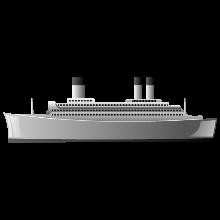
FAS - Free Alongside Ship

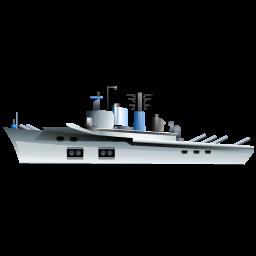
“Free Alongside Ship” means that the seller delivers when the goods are placed alongside the vessel (e.g., on a quay or a barge) nominated by the buyer at the named port of shipment. The risk of loss of or damage to the goods passes when the goods are alongside the ship, and the buyer bears all costs from that moment onwards.
FOB - Free On Board

“Free On Board” means that the seller delivers the goods on board the vessel nominated by the buyer at the named port of shipment or procures the goods already so delivered. The risk of loss of or damage to the


goods passes when the goods are on board the vessel, and the buyer bears all costs from that moment onwards.
CFR - Cost and Freight
“Cost and Freight” means that the seller delivers the goods on board the vessel or procures the goods already so delivered. The risk of loss of or damage to the goods passes when the goods are on board the vessel. the seller must contract for and pay the costs and freight necessary to bring the goods to the named port of destination.
CIF - Cost, Insurance and Freight
“Cost, Insurance and Freight” means that the seller delivers the goods on board the vessel or procures the goods already so delivered. The risk of loss of or damage to the goods passes when the goods are on board the vessel. The seller must contract for and pay the costs and freight necessary to bring the goods to the named port of destination.
‘The seller also contracts for insurance cover against the buyer’s risk of loss of or damage to the goods during the carriage. The buyer should note that under CIF the seller is required to obtain insurance only on minimum cover. Should the buyer wish to have more insurance protection, it will need either to agree as much expressly with the seller or to make its own extra insurance arrangements.”

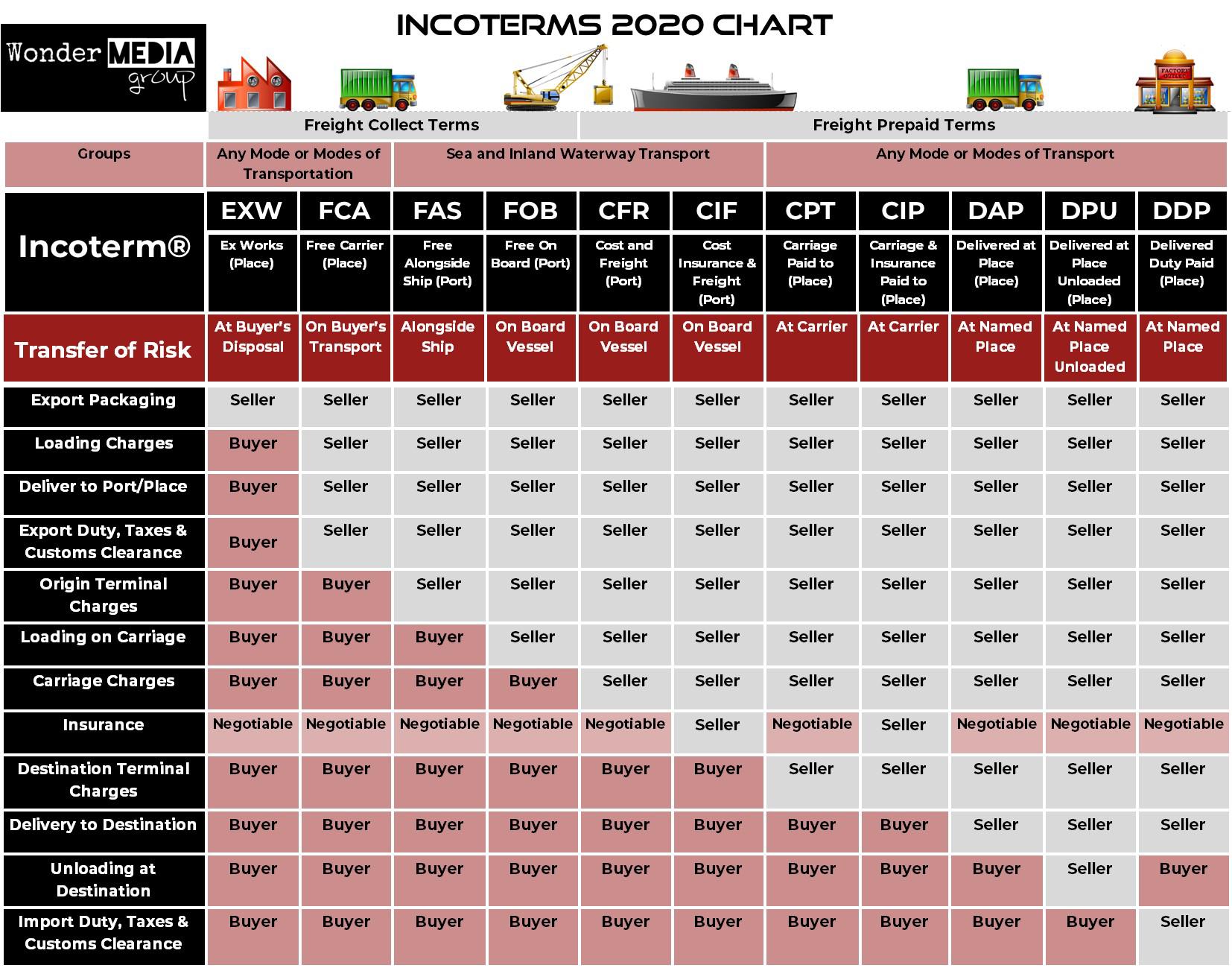

What does ‘Freight Collect’ and ‘Freight Prepaid’ mean?
Freight Collect and Freight Prepaid are common terms used in International Freight. It is very important to understand the difference, it is basically a statement of who will be paying for all the International freight charges. If you export your goods on ‘Freight Collect’ terms (EXW, FCA, FAS and FOB are all Freight Collect terms) that means that the importer (your buyer) will ‘collect’ and pay all of the freight charges on their side, you will not have to pay any freight at all.
If you are the exporter and sell the goods on CFR, CIF, CPT, CIP, DAP, DPU or DDP terms, this means that you will pay for the freight charges (‘Freight Prepaid’ – you will pre-pay the freight charges). These are linked to the selling terms of your invoice, if you are selling your goods on ‘FOB’ terms (Free on Board) then you are only covering the costs to get the goods loaded on board the vessel. All charges thereafter will be charged to the receiver of the goods (consignee) – so it will be Freight Collect. These freight terms are stated on the Bill of Lading, the document issued by the shipping line or freight forwarder.
What are Freight Forwarders?
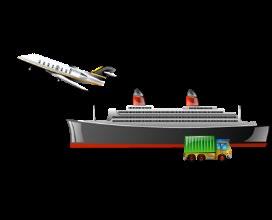
Freight Forwarders are companies which specialize in all of the components of International Freight and logistics. They are experts which have experience and understanding of the complex transport and logistics arrangements that are involved to get your goods delivered all the way through to your International customers. When your goods leave your warehouse, there are so many important processes involved to get goods cleared through the port, comply with all regulations, supply the correct documentation, delivered to



the correct container yard and loaded onto the correct vessel. Freight forwarders also specialize in integrated modes of transport, so can easily arrange the movement of freight between road, rail and sea. Freight forwarders have vast experience dealing with complex customs regulations, different port services, quarantine/inspections services, stevedores and shipping lines. You should carefully research and deal with an experienced freight forwarder who takes the time to come out and meet at your premises to clearly understand your business and your requirements. Don’t just deal with a freight forwarder based on price as you will need someone with experienced shoulders to overcome any obstacles and potential delays, and a company that will provide you with a high level of service. Choosing a forwarder based on price can cost your business more in the long run.
A good freight forwarder will work out exactly what you need and breakdown their services – from container pickup from your warehouse, delivery through the port and loading onto the vessel. A local representative will also give you International shipping rates to get goods shipped through to the country of destination. Because freight forwarders move large volumes of shipments through several different shipping lines they will be able to give you better shipping rates than if you were to try to deal with shipping lines directly.
Your freight forwarder will have to receive all correct shipment details and paperwork from you so they can organize the export process. When you create all of your export documents using IncoDocs, you can email them directly through to your freight forwarder so they can streamline the export process.
Page 9 incoterms guide

Free Trade Agreements

Free Trade Agreements are special agreements between 2 countries that eliminate the import tariffs (import duty fees) that are paid on imported goods.
Import Tarrifs

Import tariffs are charges that are payable when goods are imported into the country of destination, but when the country of import and the country of export have a 'Free Trade Agreement' in place then this agreement eliminates the import duty fees in the country of import. It is primarily designed to increase two-way trade between the countries. This helps both nations and both the Exporter and Importer because it decreases the overall associated import costs, which makes many products more competitive and appealing to International buyers. FTAs also help with overcome some internal barriers which impede the trade of goods and services between countries and they also encourage increased investment and cooperation.
Certificate of Origin
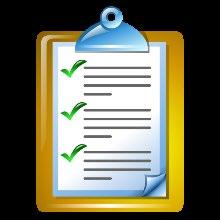
The importer will request that the shipper provides a signed and stamped Certificate of Origin so that they can give this to their customs agent when importing into their country to reduce or eliminate import duty fees. It's important to note that the importer will require this Certificate BEFORE the shipment arrives so that they can pass onto their customs clearance agent. You can easily create your Declaration of Origin document using IncoDocs, and get it certified online.


FOB vs CFR Terms

There are a few things to understand in the difference between selling your goods on FOB (Free On Board) or CFR (Cost and Freight) terms.
If selling on FOB terms:
You will only have to cover the costs to get the goods loaded on board the vessel ready for export – so you will cover the container trucking from your warehouse to the port plus all of the port and stevedoring charges and loading fees.
If selling on CFR terms:
The International Freight charges will be billed back to you, the shipper. That means you will receive an invoice for the International Seafreight charge (usually in USD) which will usually be billed back to you through your freight forwarder. If you sell your goods on CFR terms then it gives you more control over your goods when on the water. You will remain the owner of the goods until the shipment has arrived at the port of delivery. In some cases, if you have agreed that the seller can make the balance payment for the goods after they have been shipped, then you can use your CFR terms as security by not handing over the original Bills of Lading to the buyer until you received the balance payment. The buyer can only clear the goods into their country once you have handed over the original Bills of Lading.
You must ensure that the International seafreight charge is paid before the goods arrive at the destination.


